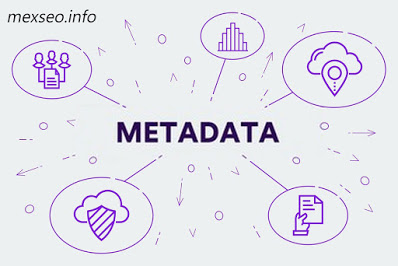What Is Meta Data? And How It Works?
Meta Data is used to review the data required information, making it more accessible to find & work with specific data instances. It contains some important information. For greater accuracy metadata can be created manually.
Metadata, in short, is crucial. Metadata is a short portrayal of the data to which they refer. Think about the last Google search you had made. The quest began with Metadata, for something you needed to find in your mind.
You may start with a word, number, meme, place name, or something else. Certainly, metadata schema can be either simple or complex, but they both have something familiar.
Metadata in Work – let’s explore some examples.
The first formidable example is the use of metadata on web pages. Information about the meta tags helps describe elements such as data creation, page title, keywords, and content on the page. That data will be read by the search engines. It helps to determine how pages are positioned in your search results.
The photography world also uses a substantial amount of metadata. For example , the data contained in the digital photo files often include information about ownership, copyright, and creation.
Business intelligence also uses metadata – which has provided for improved data governance. You could look at the Metadata here, which describes your data’s creation, location, and relationships.
Meta descriptions
Like title tags, meta descriptions are HTML elements that describe the contents of the page that they’re on. they’re also located within the head tag, and appearance like this:
<head> <meta name=”description” content=”Description of page here.”/></head>
What you input into the outline field will show over here in search results:
The Role of Meta data within the future
Finally, Metadata allows you to organize the data with all the functions it describes. In turn, metadata can be a big, valuable source for all players in business intelligence
Read More: 8 Social Media Marketing Tips For Lawyers
So what are we trying to say?
However, as others have said earlier, it’s not the accumulation of information that matters, but the ability to monitor and extract insight from data. This is an essential part of the effective analysis of data and Metadata helps you to seek this.

